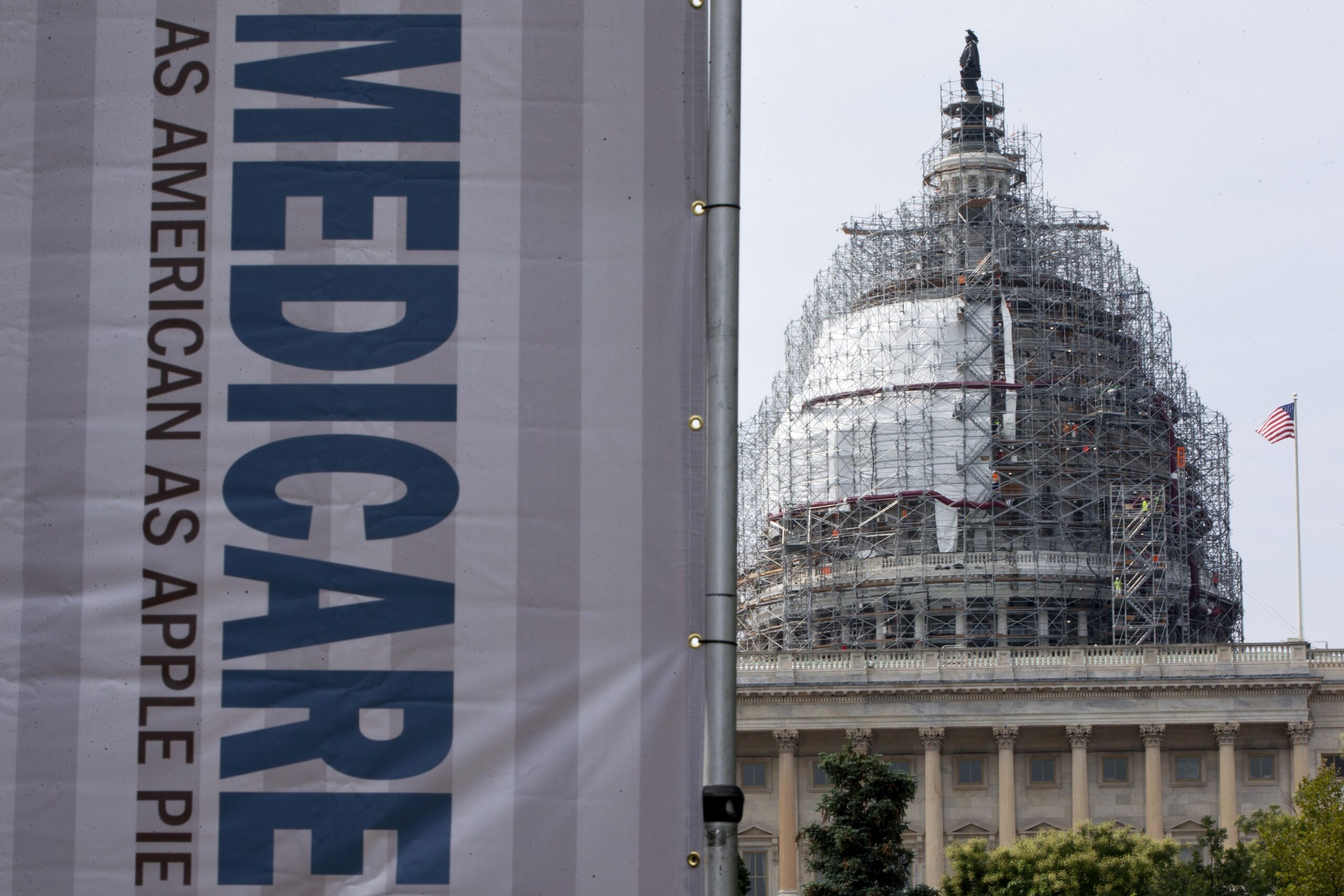On August 16, President Joe Biden signed the Inflation Reduction Act which includes:
About $370 billion into policies aimed at reducing U.S. Greenhouse gas emissions. $10’s of billions of dollars will go toward supporting renewable energy development, lowering the costs of electric vehicles, building out public electric car charging stations, etc.
The bill is the most significant prescription drug legislation to pass in 20 years. Diabetic seniors won’t have to pay more than $35 a month for insulin. Starting in 2026, out-of-pocket costs for all prescription drugs will be capped at $2,000 a year for Medicare recipients.
Because the bill raises more revenue through higher taxes than it spends, it’s projected to reduce the federal budget deficit by close to $300 bill over the next ten years.





